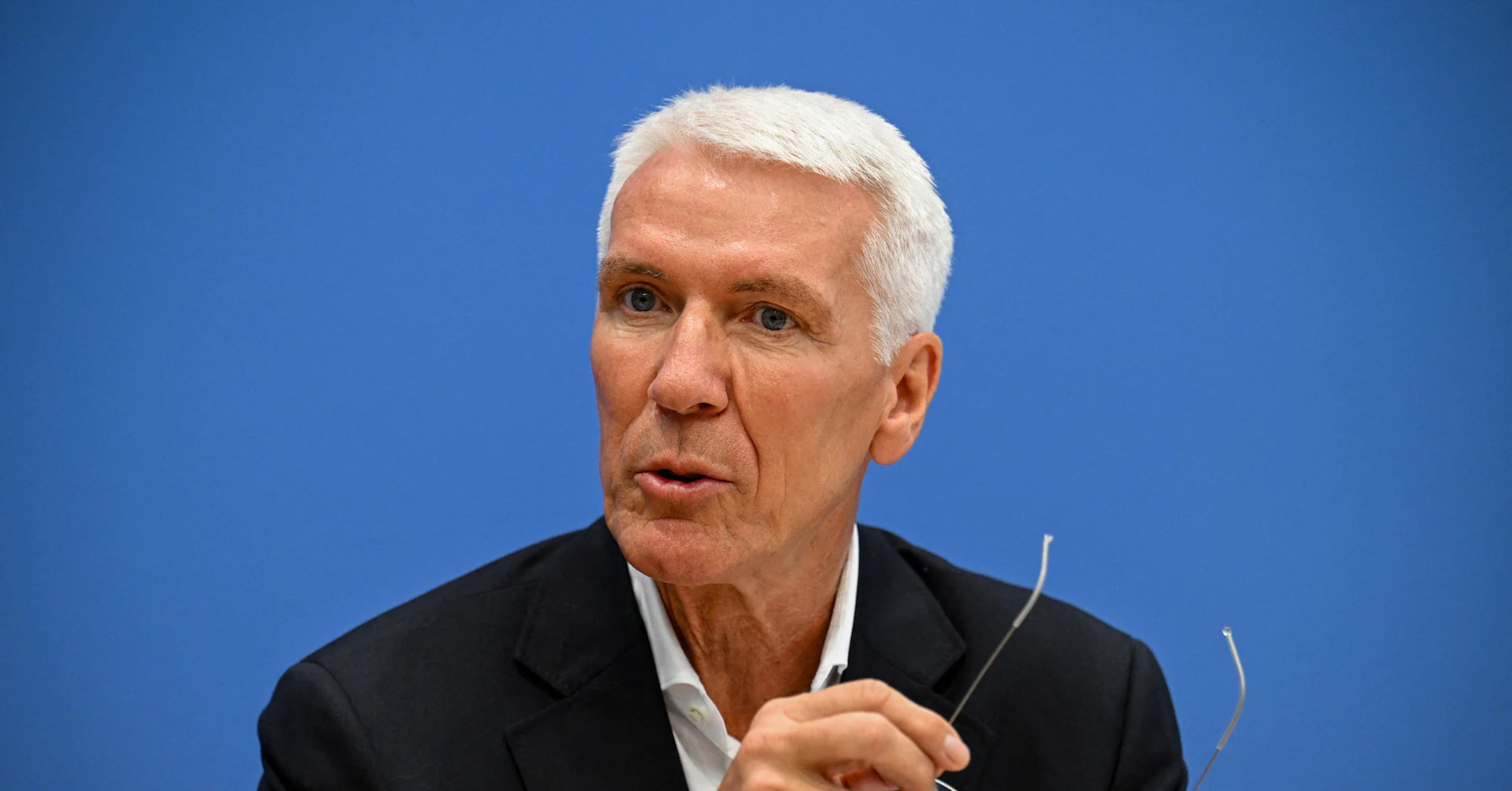By Thomas Escritt
Copyright reuters

BERLIN, Sept 18 (Reuters) – Cyber attacks, launched increasingly often by foreign intelligence agencies rather than criminals, cost the German economy almost 300 billion euros ($354.99 billion) over the past year, according to a survey published on Thursday.
The survey by industry group Bitkom found that almost half of all companies that could identify the sources of attacks had traced them to Russia and China, while about a quarter traced them to other European Union countries or the United States.
Advertisement · Scroll to continue
“The trail leads relatively clearly and unambiguously to the east, with two countries at the forefront: Russia and China,” Ralf Wintergerst, Bitkom’s head, told a press conference, unveiling the survey of some 1,000 companies.
The darkening shadow of global geopolitical competition, especially since Russia’s invasion of Ukraine in February 2022, has made for a harsher cyber landscape, with security services across the developed world reporting a sharp increase in attacks traceable to rival power blocs.
Ransomware – malicious software that locks up data until the victim pays to have access restored – was the most common cause of damage, with 34% having suffered such attacks, up from just 12% in 2022. One in seven companies had paid a ransom.
Advertisement · Scroll to continue
Large companies were mostly well-prepared for the growing hostility of the cyber landscape, while small, medium and micro companies, the backbone of Germany’s economy, often needed to do more.
The largest part of the 289.2 billion euros in damages reported by the 1,002 companies polled came from concrete production losses or theft, but legal and remediation costs were also substantial.
“The boundaries between cybercrime and cyberespionage are becoming increasingly blurred in cyberattacks,” Sinan Selen, deputy head of Germany’s domestic security service BfV, told the same press conference, describing how state actors would buy log-in credentials from criminals on the dark web.
“Where appropriate, state actors tolerate the criminal activities of private groups and even exploit their capabilities,” Selen added.
Ad Break Coming Up
NEXT StayNext
OffEnglish
180p288p360p480p540p576p720pHD1080pHDAuto (180p)
About ConnatixV2049621718
About ConnatixV2049621718
Continue watchingafter the adVisit Advertiser websiteGO TO PAGE
Iran and North Korea are also major sources of cyberattacks, he added.
($1 = 0.8451 euros)
Reporting by Thomas Escritt
Editing by Gareth Jones
Purchase Licensing Rights
Thomas EscrittThomson ReutersBerlin correspondent who has investigated anti-vaxxers and COVID treatment practices, reported on refugee camps and covered warlords’ trials in The Hague. Earlier, he covered Eastern Europe for the Financial Times. He speaks Hungarian, German, French and Dutch.



